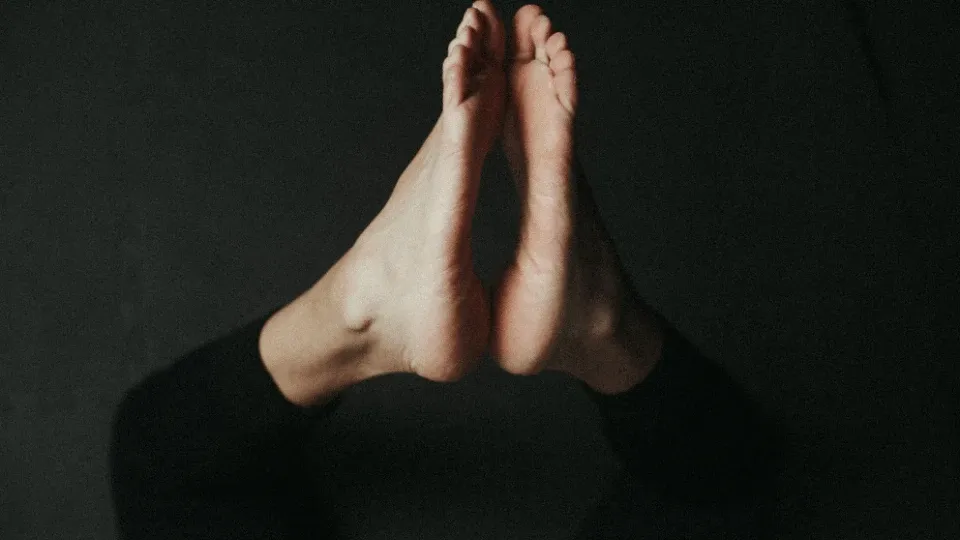The Power of Subtlety: How Less Can Be More

"Imagine if we learned to connect with ourselves like this as children? The world would be a very different place."
This intriguing reflection, posed by a student in one of my classes, sparked a conversation into the surprising benefits of subtlety, one of the essential neuroplastic conditions for upgrading human function.
We often associate "more" with "better," but when it comes to learning and well-being, the magic might lie in less. This student, a Pilates instructor accustomed to pushing and squeezing for greater intensity, is discovering a whole new way of moving – powerful and effective, yet achieved with subtlety.
So, how does subtlety work its magic?
My mentor, Anat Baniel, explains that subtlety is a key ingredient for learning. By reducing unnecessary force in everything we do, from movement and thinking to actions and reactions, we create the conditions for deeper sensitivity. This allows our brains to pick up on the finest details, crucial for effective learning and adaptation.
Science supports this connection. The Weber-Fechner Law tells us that the stronger a stimulus is, the harder it is to notice small changes. Imagine listening to loud music; even a slight volume increase might go unnoticed. But in a quiet environment, even the smallest adjustment is readily apparent.
This principle applies beyond just sound. Studies show even infants can distinguish small changes in various forms of magnitude, including numbers, space, patterns, and even emotions. (Source: Lourenco SF, Longo MR. 2010. General magnitude representation in human infants. Psychological Science 21(6): 873–81.)
Unfortunately our ability to perceive these subtle differences often declines over time. This "noisiness" in our systems can lead to desensitization, impacting our learning and well-being. Its important to note that neuroplasticity does not always mean change for the better- it can also mean change for the worse. Our embodied brains change according to the experiences we're having. That's why the conditions we create for ourselves intentionally can have a meaningful effect on the direction of our own development and the quality of our lives.
But there's good news! By appreciating the value of subtlety, we can reclaim our sensitivity and awaken our sense of vibrancy and creativity.
Here's how you can start practicing subtlety in your own life:
- Become aware of tension: Notice when you're pushing yourself too hard, whether physically, mentally, or emotionally. This includes observing how you handle disagreements, solve problems, and even interact with objects.
- Embrace the power of "less": Instead of brute force, try approaching situations with gentle curiosity and openness. Explore the possibility of achieving similar results with less effort and strain.
- Start small: Begin by focusing on specific areas where you notice tension or force. It could be the way you hold your phone, the way you speak, or even the way you type.
Remember, awareness is the first step. As you become more attuned to subtle sensations and movements, you'll be surprised at how much you can learn and achieve by embracing the power of doing less.
The next step is taking action to develop your ability to perceive differences. Of course, that's what our programs at the Moovy Studio are for!



